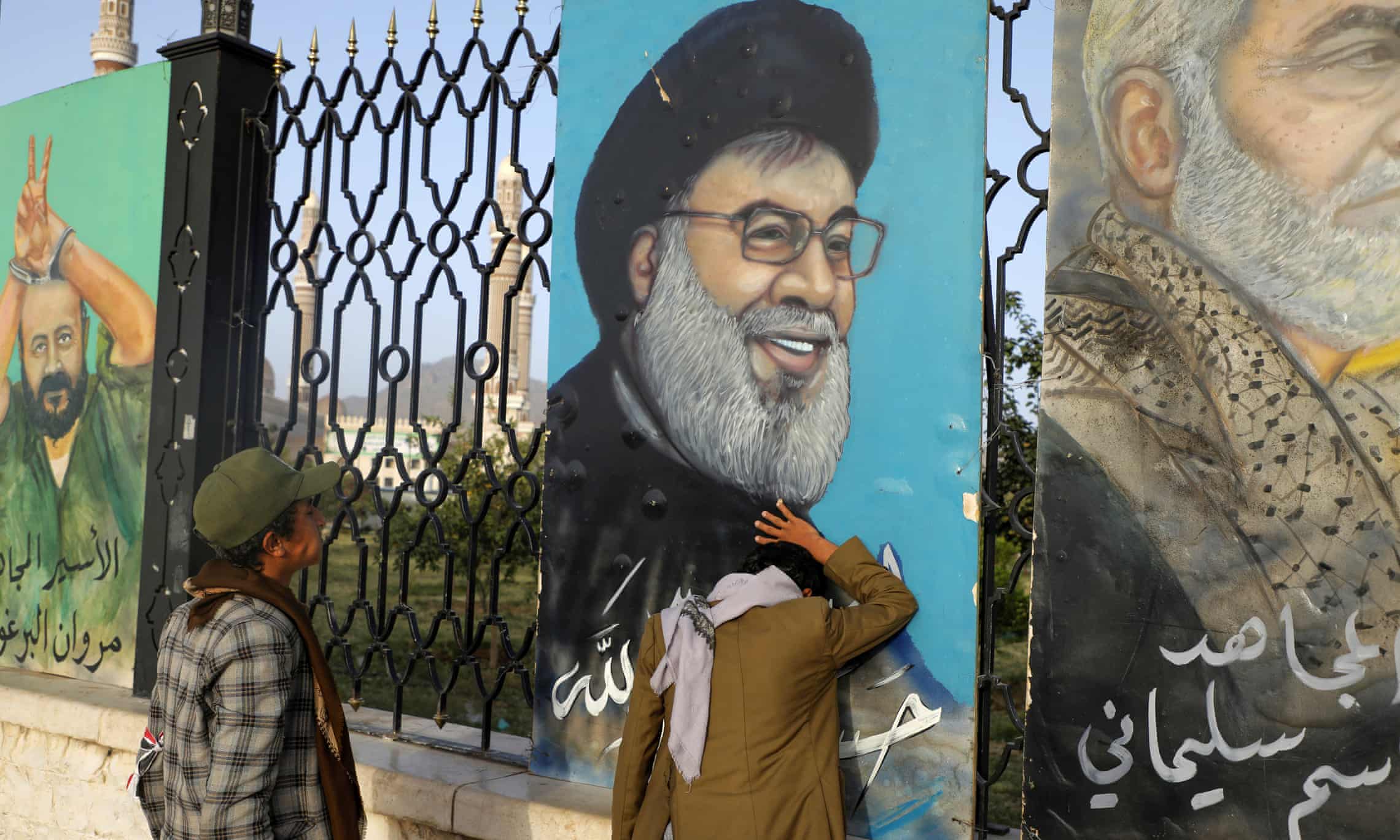 A broad coalition of interests from oil companies, defense manufacturers and well-connected lobbying firms to neoconservative scholars and Harvard Business School professors has worked in recent years to advance a rapprochement with Libyan leader Muammar Gaddafi and take advantage of business opportunities in the country, even in the face of the longtime international pariah's brutal repression of his people and his legendary belligerence.
A broad coalition of interests from oil companies, defense manufacturers and well-connected lobbying firms to neoconservative scholars and Harvard Business School professors has worked in recent years to advance a rapprochement with Libyan leader Muammar Gaddafi and take advantage of business opportunities in the country, even in the face of the longtime international pariah's brutal repression of his people and his legendary belligerence.
Yet Libya's opposition leaders say that such efforts have harmed the interests of the North African country by helping enrich Gaddafi's family and close allies at the expense of the majority of Libyans, serving only to prolong Gaddafi's brutal reign. They also blame U.S. policy for prioritizing national security interests over issues of reform and human rights, the lack of which helped fuel the country's ongoing violent upheaval.
Soon after U.S. President George W. Bush dropped sanctions against Libya in 2004, when Gaddafi announced that he intended to give up weapons of mass destruction and expressed his eagerness to join the war on terror, U.S. and British oil producers and business interests jumped at the chance to expand into the country, which has been ruled with an iron fist by the unstable leader for some 40 years.
Some of the biggest oil producers and servicers, including BP, ExxonMobil, Halliburton, Chevron, Conoco and Marathon Oil joined with defense giants like Raytheon and Northrop Grumman, multinationals like Dow Chemical and Fluor and the high-powered law firm White & Case to form the US-Libya Business Association in 2005. The members of its executive advisory council each pay $20,000 in annual dues to the group, which is managed by the National Foreign Trade Council, a coalition that seeks to facilitate international opportunities for U.S. companies.





 Several professors at universities around the US are facing disciplinary actions in regard to their support...
Several professors at universities around the US are facing disciplinary actions in regard to their support... Israel launched a wave of airstrikes against Houthi targets in Yemen on Sunday while continuing to...
Israel launched a wave of airstrikes against Houthi targets in Yemen on Sunday while continuing to... Less than two weeks before the presidential election, a former model has gone public with accusations...
Less than two weeks before the presidential election, a former model has gone public with accusations...






























